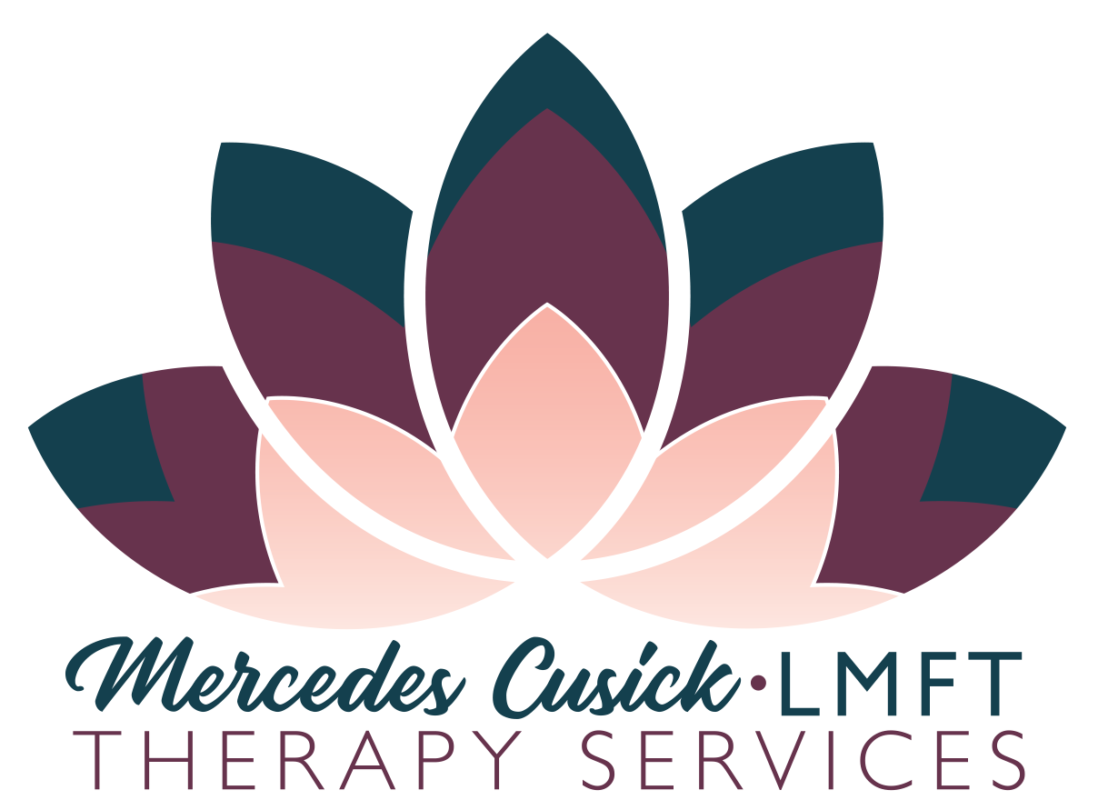As a trauma therapist, knowing my client’s ACE score directly impact my course of treatment with them. Learning about adverse childhood experience has been revolutionary as a mental health professional. Childhood trauma isn’t something you just get over as you grow up. Pediatrician Dr. Nadine Burke Harris explains that how repeated stress of abuse, neglect and parents struggling with mental health or substance abuse issues has real, tangible effects on the development of the brain. The ACE report is a groundbreaking public health study that addressed Adverse Childhood Adversity (ACE) using a ten-question screen on over 17,000 patients at Kaiser Permanente.
What are Adverse Childhood Experiences (ACE)? They are events that occur in the first 18 years of a child life that occur in the home and include household dysfunction, substance abuse, parental separation and divorce or early death of a parent. Also identified as ACE are: mental illness, spousal or partner violence, and criminal behavior resulting in incarceration of a household member.
The Cornerstone of the ACE Study is the Ace Questionnaire. Here are the ten questions in the questionnaire which can be asked in both medical and mental health settings.
- Did a parent or other adult in the household often or very often… swear at you, insult you, put you down, or humiliate you? Or act in a way that made you afraid that you might be physically hurt?
No___ If Yes, enter 1___
- Did a parent or other adult in the household often or very often… push, grab, slap, or throw something at you? Or ever hit you so hard that you had marks or were injured?
No___ If Yes, enter 1___
- Did an adult or person at least five years older than you ever… touch or fondle you or have you touch their body in a sexual way? Or attempt or actually have oral, anal, or vaginal intercourse with you?
No___ If Yes, enter 1___
- Did you often or very often feel that … no one in your family loved you or thought you were important or special? Or your family didn’t look out for each other, feel close to each other, or support each other?
No___ If Yes, enter 1___
- Did you often or very often feel that … you didn’t have enough to eat, had to wear dirty clothes, and had no one to protect you? Or your parents were too drunk or high to take care of you or take you to the doctor if you needed it?
No___ If Yes, enter 1___
- Was a biological parent ever lost to you through divorce, abandonment, or other reason?
No___ If Yes, enter 1___
- Was your mother or stepmother: often or very often pushed, grabbed, slapped, or had something thrown at her or kicked, bitten, hit with a fist, or hit with something hard? Or ever repeatedly hit over at least a few minutes or threatened with a gun or knife?
No___ If Yes, enter 1___
- Did you live with anyone who was a problem drinker or alcoholic, or who used street drugs?
No___ If Yes, enter 1___
- Was a household member depressed or mentally ill, or did a household member attempt suicide?
No___ If Yes, enter 1___
- Did a household member go to prison?
No___ If Yes, enter 1___
The sum of the “Yes” answers equals your ACE Score.
Issues for complex PTSD-high ACE score clients include the following.
- If untreated, the intrusive and numbing symptoms of chronic PTSD may continue across the lifespan.
- Untreated PTSD depresses the immune system.
- In addition to PTSD, attachment deficits and dissociative symptoms, survivors often have issues with trust, self-hatred, and abandonment.
- Survivors often do not believe they deserve good health, have shame and guilt issues.
It is becoming more evident that ACE contributes to what has been called a public health epidemic. It may also be evident that EMDR can contribute to the improvement of physical and mental health in an ACE survivor.
The ACEs and other negative core events and beliefs that drive harmful behavior, or avoidance of current problems must be addressed and resolved.
Source: Nadine Burke Harris


